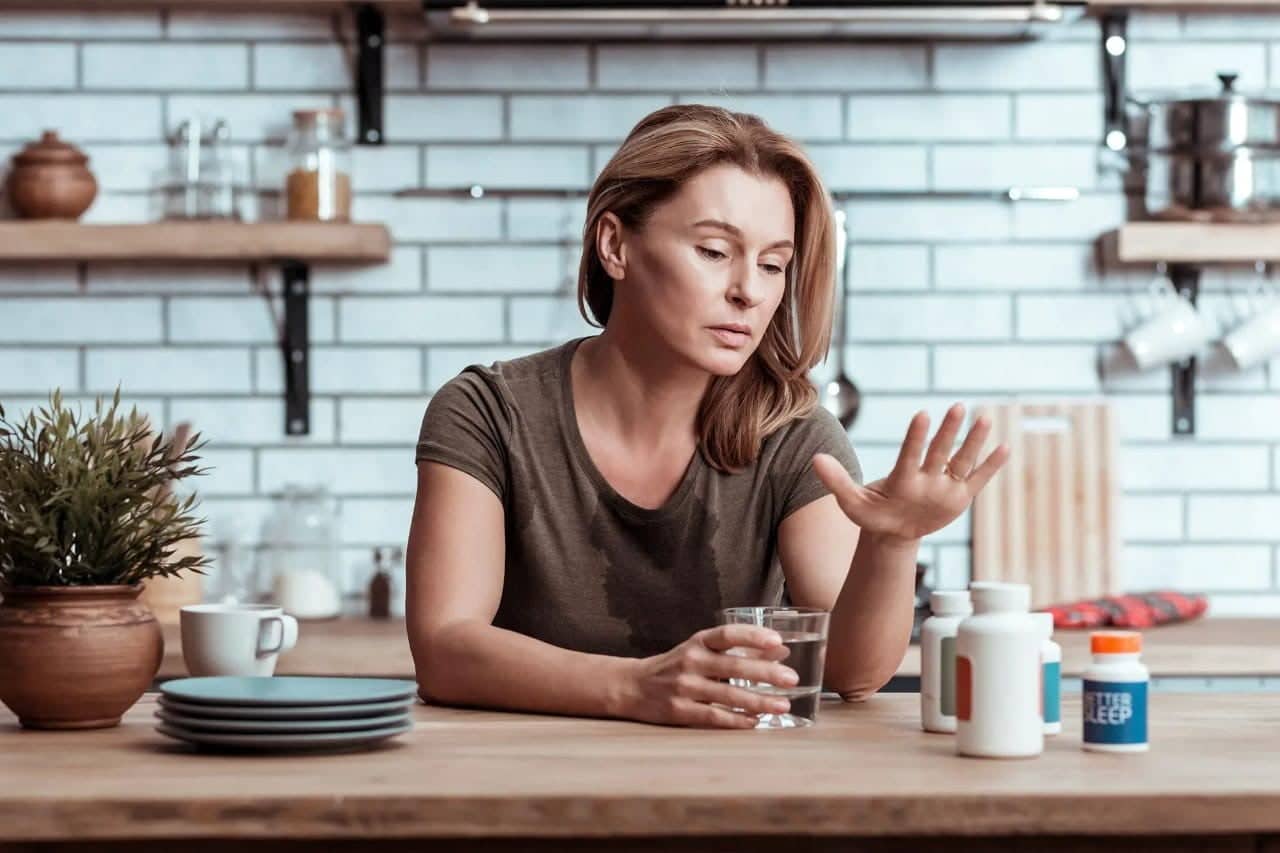Zoloft is a well-known antidepressant that belongs to the category of selective serotonin reuptake inhibitors. Sertraline, well-known under its brand name, Zoloft, appeared as one of the top medicines for various mental disorders.
It effectively shows its results on depression, panic, and anxiety disorder. But, for that to happen, you must take the medicine properly without missing the dosage. However, if you are pregnant or under any medication, you can still take Zoloft after consulting with your doctor.
You can take Zoloft with or without the food, but consuming it once a day is best. The best part of taking this antidepressant is that it does not make you tired like others do. So, if you are struggling with depression or anxiety and seeking an effective solution, you have hit the right page.
This article will shed light on everything that you may want to know about Zoloft for anxiety. So, without further ado, let’s quickly dive right in!
What is Zoloft?
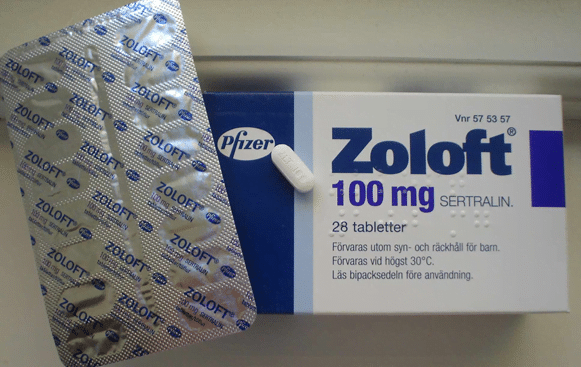
Zoloft or Sertraline is a medicine primarily used to treat anxiety and depression. It falls under the medicine class SSRIs or Selective Serotonin Reuptake Inhibitors. As an SSRI, Zoloft works by inhibiting the Reuptake of serotonin in the body. It increases the serotonin levels of the human brain to treat or improve anxiety symptoms.
Initially, Zoloft is used for adults with anxiety disorders, depression, and other mental health problems. However, it is also useful for adolescents and children over 6 years to treat certain mental health problems. However, the safety and effectiveness of Zoloft in children and adolescents is not proven.
Also, Zoloft for anxiety symptoms in seniors needs more study to get official approval and requires caution. Zoloft is safe to use during pregnancy. However, some can face its side effects, so it is necessary to consult with a mental health expert before taking the medicine.
How Does Zoloft Work?
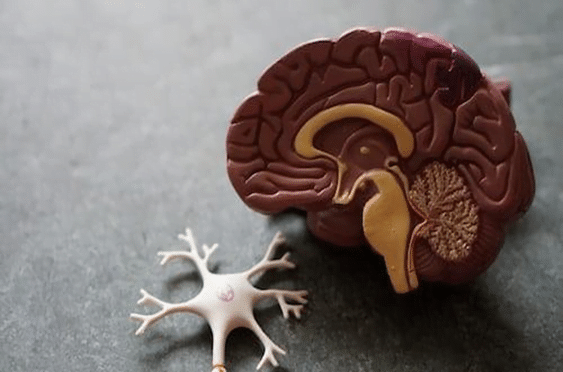
Serotonin is the brain’s neurotransmitter that sends signals between neurons that may affect mood. So, people with anxiety or depression generally have low serotonin levels. Zoloft directly works in users’ bodies by preventing serotonin absorption. As a result, it elevates the serotonin level in the brain to bring a sense of relief from the disorder.
Therefore, when taking Zoloft, patients with anxiety and depression develop a good mood. However, you must know that this antidepressant will not work overnight. It would be best to be patient since it gradually increases the serotonin level. It would be best to take it for a few weeks to see the results.
But, the effectiveness may vary depending on every individual. Some people experience a change in just two weeks, and a few get the result after almost six weeks. The improvements will eventually lead to a complete cure for anxiety and depression.
The results you experience also depend on the dosage you take. So, if you do not get the desired results even after six weeks, you can talk to your doctor and seek medical help.
How to Take Zoloft for Anxiety and Depression?
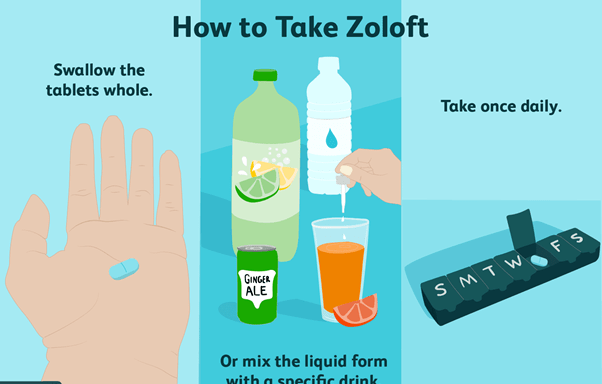
While taking Zoloft for anxiety and depression, it is necessary to go through the Medication Guide. It is necessary to go through the Patient Information Leaflet while taking Zoloft for depression and anxiety. In case of any concerns, you must consult your doctor or pharmacist.
The best way to use this medication orally, as instructed by your doctor, is typically once daily, in the morning or evening. This medication’s tablet or liquid formulation can be consumed with or without food.
To ensure the proper intake of this medication in capsule form, it is suggested to have a meal when taking the 25 milligrams, 50 milligrams, and 100 milligrams capsules. As for the 150 milligrams and 200 milligrams capsules, they can be consumed with or without food. It is important to swallow the capsules and refrain from crushing or chewing them.
Before using this medication, you need to mix the liquid form with another liquid. Use the provided medicine dropper to carefully measure the dose, as using a household spoon may result in incorrect dosage. Combine the dose with a half cup (4 ounces/120 milliliters) of water, ginger ale, lemon-lime soda, lemonade, or orange juice.
How Does It Feel Like to Take Zoloft?

Zoloft for anxiety and depression treatment in adults is quite effective. It may also do well for kids and senior people. But it needs extra precautions as the medicine is not approved for the later groups.
When you take Zoloft for your anxiety symptoms or depression, you may experience these as a sign that Zoloft is working-
- Improved appetite
- Better sleep
- Increased energy levels
- Feeling light and fresh
- Feeling less depressed and regaining interest in life.
According to NAMI or the National Alliance on Mental Illness, you need 1-2 weeks to see the earliest signs like improved mood, appetite, and sleep. At the same time, you can take up to 6 to 8 weeks to witness significant changes in your life, like feeling less depressive and more positive about life.
What is the Right Zoloft Dosage for Anxiety and Depression?
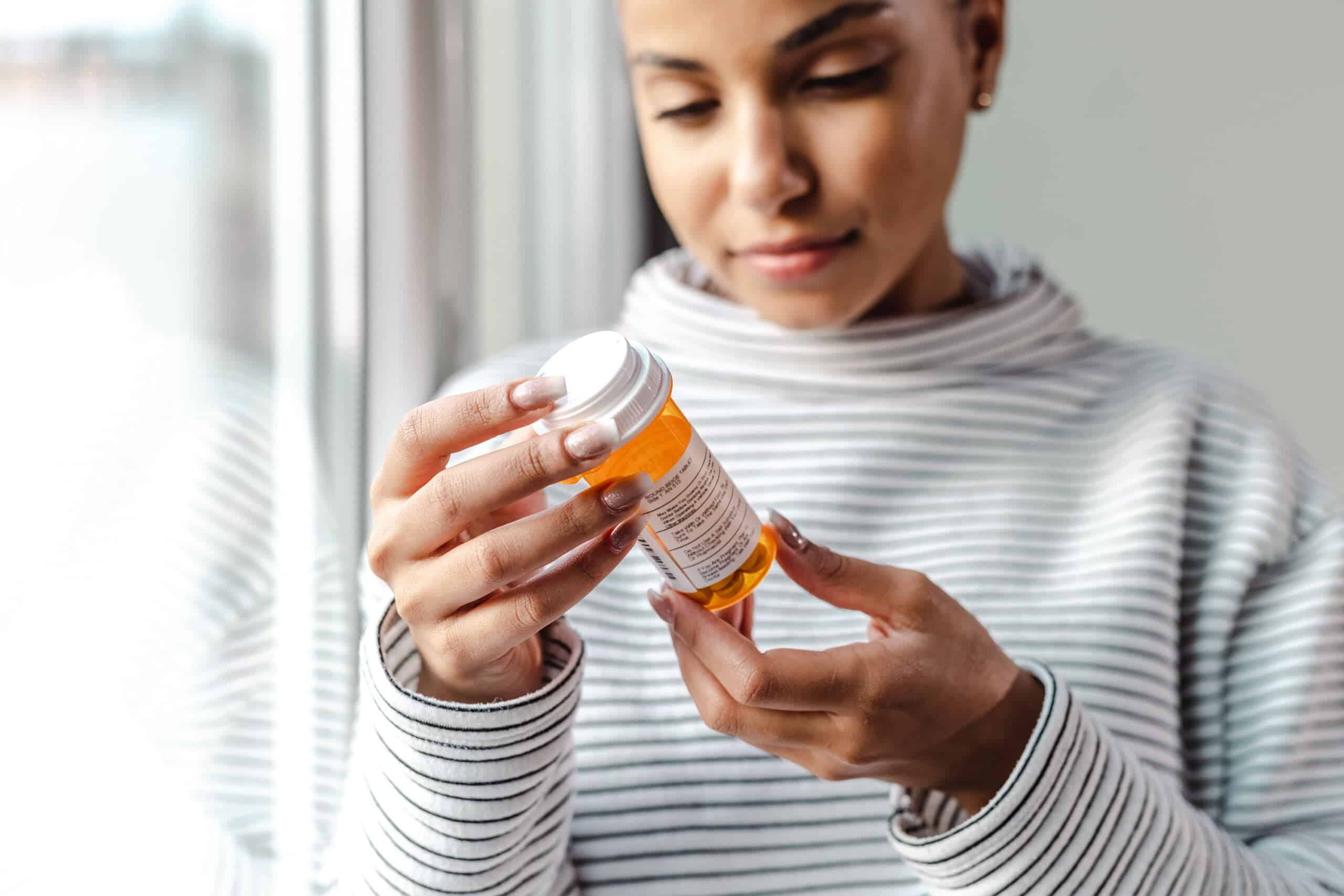
The suitable dosage of Zoloft to manage anxiety symptoms depends on factors such as age, the specific anxiety disorder, and how the patient reacts to the medication. Specialists suggest starting with a lower dose and then increasing it slowly, if necessary, to determine the ideal dosage.
Doctors may begin with different dosages based on the treated mental health condition. Individuals with obsessive-compulsive disorder (OCD) typically start with a higher dosage. It is important to follow your doctor’s instructions and communicate any side effects or anxieties about the medication.
The appropriate amount of Zoloft for anxiety depends on the condition of the anxiety and any other medical conditions of the patient. Generally, the initially suggested dosage for anxiety is either 25 mg or 50 mg of Zoloft per day. Zoloft tablets are available in three different dosages: 25 mg, 50 mg, and 100 mg.
The highest dose should be taken in a day is 200 mg, which a patient can take by having two 100 mg tablets. Research indicates that the most effective and ideal dose for most patients is 50 mg daily. If a person does not respond to this dosage, their doctor may suggest increasing their daily dose by 50 mg weekly, up to 200 mg daily.
How Long Does Zoloft Take to Start Working?
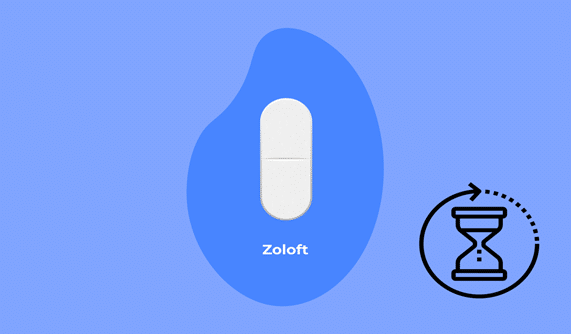
Zoloft is a type of Selective Serotonin Reuptake Inhibitors or SSRIs. So, it does not work immediately from the first dosage. You need to take the medicine regularly as prescribed by your mental health expert to see its results. Do not stop the medicine if your symptoms do not improve instantly.
The medicine starts to work gradually. You may witness the changes within 1–2 weeks of taking Zoloft for anxiety or depression symptoms. Also, remember that in some cases, Zoloft can take 6 to 8 weeks to show significant changes. So, never quit the medicine abruptly without consulting your mental health expert.
Also, remember that different human bodies are built differently, so it is natural for some people to get the results of using Zoloft faster than others using the same medicine.
If you still do not feel Zoloft is working for your anxiety symptoms, you can consult a mental health professional to prescribe an alternative. They will also help you quit the drug safely and avoid potential drawbacks of the medicine.
Side Effects of Zoloft

Zoloft is very effective in treating anxiety and depressive thoughts. Many mental health professionals prescribe this medicine to their patients to deal with the symptoms of anxiety disorders, depression, and other mental problems.
But you must also know the medicine has several potential side effects. The sides can be severe and cause serious health hazards. So, you should consult a mental health expert to take the medicine safely and avoid potential side effects.
Here are some common side effects of Zoloft
- Loss of appetite
- Lightheadedness
- Dizziness
- Nausea
- Dry Mouth
- Vomiting
- Diarrhea
- Increased sweating
- Restlessness
- Nervousness
- Fatigue
- Sleeplessness
- Sexual dysfunction
Severe side-effects of Zoloft:
- Serious allergic reactions
- Bleeding
- Unusual weight loss
- Low sodium levels in the body
- Hives, bristling, and skin peeling
So, it is important to consult with a mental health professional before you take Zoloft for anxiety or depression. They will ensure a safe dosage and help you prevent the side effects of the wrong dosage. A medical person will also help you understand whether the medicine is safe for you or not.
Zoloft Overdose and its Adversaries
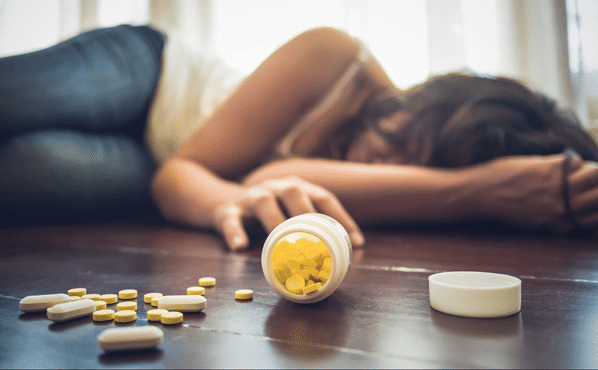
Zoloft overdose can cause several adverse effects. The overdoses are unpleasant and, in some cases, lead to fatal conditions.
Some mild Zoloft overdoses can cause:
- Dizziness
- Nausea
- Vomiting
- Tremors
- Agitation
- Rapid heartbeat
- Diarrhea
Severe overdosing can lead to Low heart rate, Seizures, and Pass or coma. Serious Zoloft overdosing is not common. If you face any of these above symptoms, call 911. You can also call the local poison center right away. Also, if you take Zoloft for anxiety or depression, as per your mental health expert, you will not face the overdosing effects.
Essential Precautions Before Taking Zoloft

Specialists advise that one must avoid drinking alcohol while taking Zoloft because of possible side effects, which decrease the efficiency of Zoloft. If you are currently pregnant or nursing, it is crucial to discuss the potential advantages and risks of taking Zoloft with your doctor.
Recent research indicates that certain anxiety medications, such as Zoloft, have some chances of genetic disabilities when used during pregnancy. However, deciding whether to use Zoloft during pregnancy must be under the guidance of a healthcare professional.
It is necessary to inform your doctor about your medical history, particularly if you have a personal or family history of bipolar or manic-depressive disorder, bleeding problems, liver disease, seizure disorder, thyroid disease, or a personal or family history of angle-closure glaucoma, before using this medication.
Zoloft also has a black box warning that is necessary to understand and follow. It is the most severe warning the FDA requires about potential suicidal thoughts and behaviors.
Studies conducted over a short period have shown that antidepressants, including Zoloft, have a higher risk of increasing suicidal tendencies in children, adolescents, and young adults compared to a placebo. However, individuals of all ages taking Zoloft should be monitored closely.
Zoloft Interactions
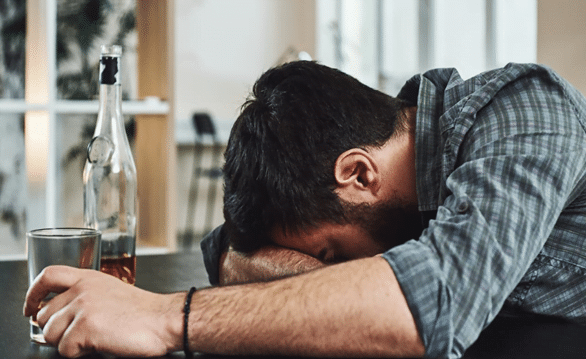
Zoloft for anxiety and depression is very effective. However, you must consult with a mental health professional before taking the medicine. Also, if you take any other medicine or substance, tell your doctor beforehand.
Zoloft is an SSRI that can interact with several other antidepressants and recreational substances. Zoloft interaction with these medicines and substances is poor.
It causes serious health hazards. So, you are strongly recommended to consult with a mental health professional before combining Zoloft with any other substances or medications.
Here is a list of drugs that interact with Zoloft (poorly):
- Blood thinner medicines like warfarin.
- Lithium
- Disulfiram
- John’s Wort
- NSAIDs or Nonsteroidal anti-inflammatory drugs like ibuprofen
- Marplan
- Emsam
- Nardil
- Azilect
- Parnate
- Triptans and other medications used to treat migraine
- Ginseng, tryptophan, and some other natural supplements.
- Anti-allergic medications.
- Cocaine, Marijuana, amphetamines, and other illegal drugs.
- Other SSRIs and antidepressants.
Other Prominent Alternatives of Zoloft
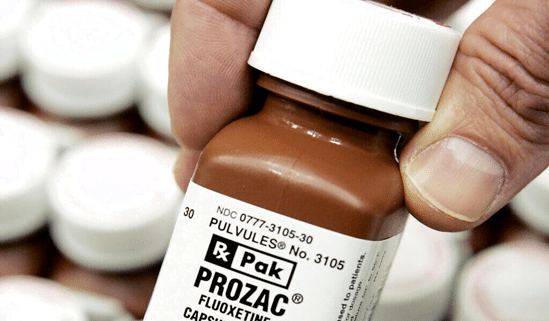
Zoloft is a popular medicine for managing symptoms of depression, anxiety disorders, and some other mental problems. However, there are several other alternatives to Zoloft for anxiety and other mental problems.
So, if you feel Zoloft is not working for you or the medicine does not suit you, you can try other alternatives to manage your symptoms of certain types of anxiety disorders and clinical depression. Here are a few popular Zoloft alternatives of Zoloft
- Other SSRIs – Other SSRIs or Selective Serotonin Reuptake Inhibitors can be a great alternative to Zoloft, like Prozac, escitalopram, paroxetine, etc. These SSRIs are quite popular among Zoloft alternatives as the work is similar to Zoloft.
- SNRIs – SNRIs like venlafaxine are also popular alternatives to Zoloft. They also help to manage anxiety symptoms and boost mood, sleep, and appetite.
- Benzodiazepines – Alprazolam and other benzodiazepines can work as effective Zoloft alternatives. However, they are not appropriate for long-term use and are only helpful for managing the symptoms of short-term anxiety.
- Natural substances – Some natural substances that carry mood-boosting and antidepressant components also work as natural alternatives to Zoloft for anxiety and depression. Natural herbs and supplements like ginseng, tryptophan, CBD, THC, etc., can also help with symptoms of depression, anxiety, stress, and eating disorders. But they also carry mild side effects of overdosing and interacting with other medicines or herbs.
Key Takeaways
In summary, we cannot overstate the fact that Zoloft is one of the most effective medicines for anxiety and depression. The benefits of taking Zoloft for anxiety are endless and evident.
But, like other drugs, users must keep a few things in mind while taking this antidepressant that is already discussed above. When storing, you must keep the medicine at room temperature in its original container.
Also, keeping Zoloft from excessive moisture and heat is important to sustain its effectiveness.
Furthermore, be aware of the risks of taking too much Zoloft simultaneously. The users should take Zoloft after checking the instructions to avoid future adverse situations. Otherwise, it may lead to severe consequences or symptoms.
It would be best if you consult about the dosage with your doctor before taking this antidepressant. The doctor will assist you with the dosage requirements and tell you about the right time and how to take it for better results.
Frequently Asked Questions
Is it Okay to Drink Alcohol with Zoloft?
No, drinking alcohol with Zoloft can make an individual feel drowsy, which will be very dangerous. Also, it may provoke other risks and lead users to side effects. Furthermore, if you drink alcohol with Zoloft, the effectiveness of the medicine also decreases.
What Happens if I Miss a Zoloft Dosage?
Missing your Zoloft dosage can trigger discontinuation symptoms in a few people. Some users may experience mild symptoms, while others struggle with severe symptoms. The most common symptoms are agitation, dizziness, chills, muscle pain, etc.

